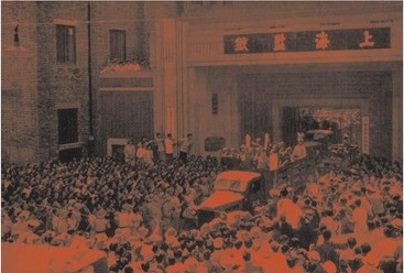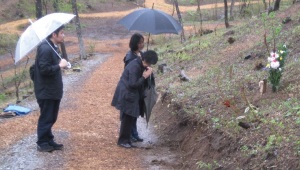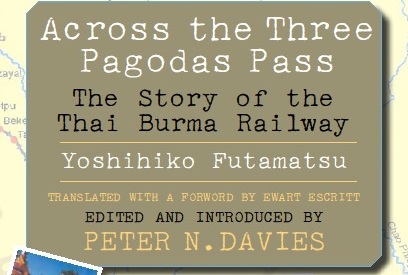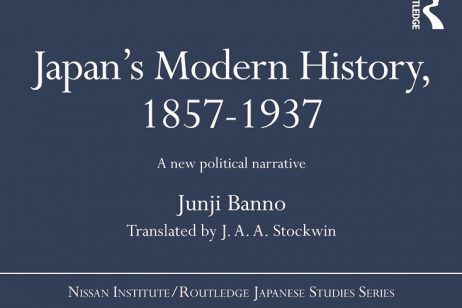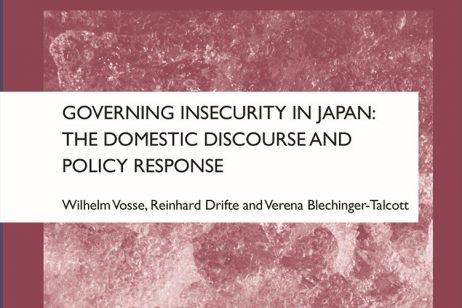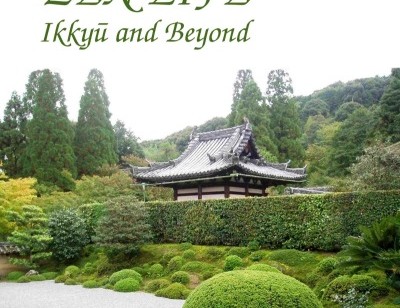24 February 2015
Men to Devils, Devils to Men: Japanese War Crimes and Chinese Justice
The Japanese Army committed numerous atrocities during its pitiless campaigns in China from 1931 to 1945. When the Chinese emerged victorious with the Allies at the end of World War II, many seemed ready to exact retribution for these crimes. Rather than resort to violence, however, they chose to deal with their former enemy through legal and diplomatic means. Focusing on the trials of, and policies toward, Japanese war criminals in the post-war period, Men to Devils, Devils to Men analyses the complex political manoeuvring between China and Japan that shaped East Asian realpolitik during the Cold War.
More info